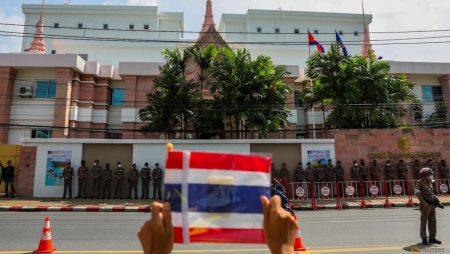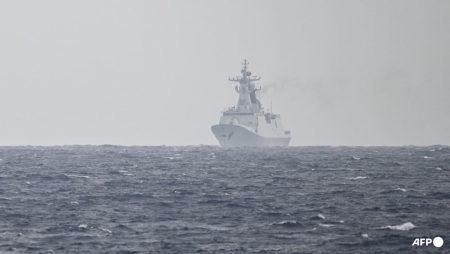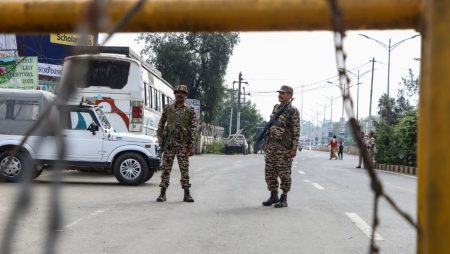Financial literacy plays a crucial role in empowering migrant workers, complementing government efforts to reduce exploitation and enhance social security. While initiatives like reducing levies and establishing pension funds are commendable steps toward protecting migrant workers, equipping them with the skills to manage their finances effectively is equally vital for their long-term well-being. This means fostering the ability to budget, save, and make informed financial decisions, ultimately enabling them to achieve their financial goals and build a secure future for themselves and their families.
Organizations advocating for migrant workers’ rights underscore the significance of financial literacy training. They emphasize the need for migrants to understand how to allocate their earnings effectively, balancing remittances to their families with their own expenses and savings. Without proper financial planning, migrant workers risk sending home almost all their earnings without any oversight on how the money is used, leaving them with little to no savings for their own future. A structured financial education program can empower them to take control of their finances and ensure their hard-earned money is utilized wisely.
A key component of financial literacy for migrant workers involves setting clear financial goals and developing a plan to achieve them. This includes establishing a budget that outlines their income, expenses, and savings targets. It also involves understanding the importance of saving a portion of their earnings for future needs, such as building a house, starting a business, or securing their retirement. By setting tangible goals and developing a systematic approach to saving, migrant workers can ensure their financial sacrifices contribute to a more secure and prosperous future.
Furthermore, financial literacy empowers migrant workers to make informed decisions about remittances. While supporting their families back home is a priority, it’s crucial for them to understand the importance of setting boundaries and allocating a portion of their earnings for their own needs and future aspirations. This includes having open communication with their families about their financial situation and developing a sustainable remittance plan that balances family obligations with personal financial goals. Financial education can help them navigate these sensitive conversations and establish a mutually beneficial financial arrangement.
The case of Melinda Damayanti, an Indonesian factory worker in Malaysia, highlights the potential benefits of effective financial management. Earning a decent salary and benefiting from employer-provided accommodation and transportation, Melinda is able to save a significant portion of her income. Her situation demonstrates that with proper budgeting and savings strategies, migrant workers can accumulate substantial resources over time, even while supporting their families. This underscores the importance of financial literacy in maximizing their earning potential and achieving financial stability.
In conclusion, while government policies and initiatives play a crucial role in protecting migrant workers, financial literacy serves as an essential complement. By equipping migrants with the knowledge and skills to manage their finances effectively, they are empowered to take control of their financial well-being, secure their future, and maximize the benefits of their hard work. Financial education should be a key component of pre-departure and post-arrival programs for migrant workers, providing them with the tools they need to navigate the financial challenges and opportunities they face while working abroad. This holistic approach, combining government protections with individual financial empowerment, is essential for promoting the long-term well-being and resilience of migrant workers.










